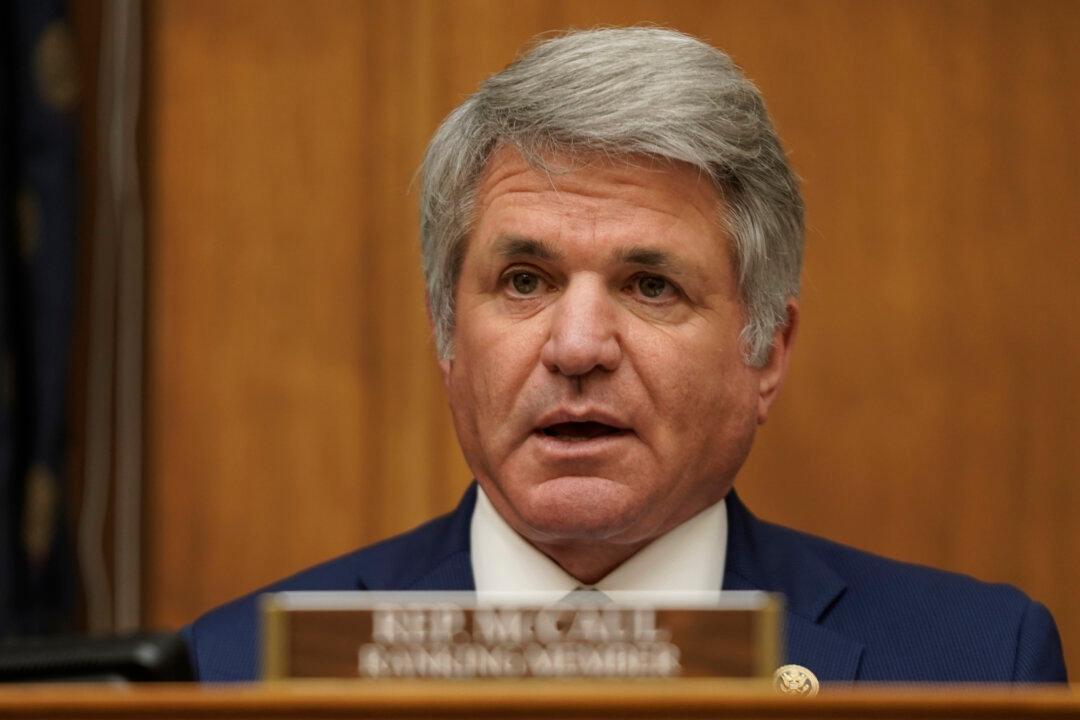The chairman of the U.S. House of Representatives Foreign Affairs Committee has subpoenaed the State Department for documents relating to the agency’s reported decision to withhold actions aimed at confronting threats from the Chinese Communist Party (CCP).
Rep. Michael McCaul (R-Texas) said on July 12 that he has filed a subpoena to Secretary of State Antony Blinken after the department failed to cooperate with the committee’s document production request.




